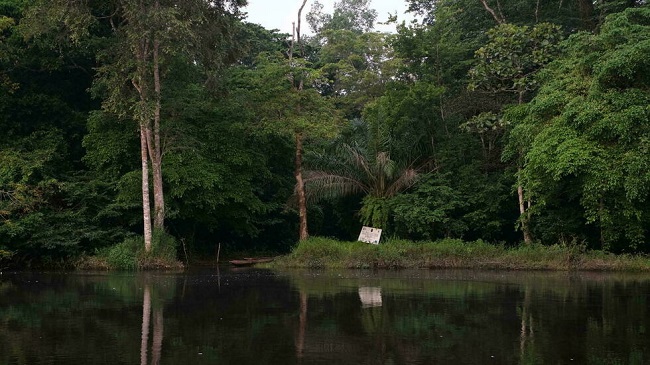Africa’s largest protected rainforest, Salonga National Park in the Democratic Republic of Congo (DRC), has been removed from UNESCO’s lists of threatened sites, with the UN body recognising the country’s preservation efforts.

The World Heritage Committee praised DRC’s moves to protect its largest national park, notably its commitment to ban prospecting for oil, which it had allowed in 2018.
“The Committee welcomed the clarification provided by the national authorities that the oil concessions overlapping with the property are nul and void and that these blocs will be excluded from future auctioning,” the Committee wrote in a statement on Monday, July 19, 2021.
UNESCO says the decision to stop oil drilling in Salonga, along with more generalised conservation efforts, have improved the situation for wildlife in the park.
Salonga, which was created in 1970 by then-dictator Mobutu Sese Seko, was inscribed on UNESCO’s World Heritage List in 1984 and added to the List of World Heritage in Danger in 1999.
Since then, the Committee wrote, “management of the park has been greatly improved, notably with regard to the strengthening of anti-poaching measures.”
“Regular monitoring of wildlife shows that bonobo populations remain stable in the property despite past pressures and that the forest elephant population has slowly begun recovering.”
The 36,000 square kilometre park, only accessible by water, is home to 40 per cent of the world’s bonobo apes, along with forest elephants and other endangered species, including the Congo peacock and the African slender-snouted or “false” crocodile. Salonga is covered in peat bogs, which can serve as carbon sinks.
The Congolese environment ministry said UNESCO’s decision is an “opportunity to rethink the management of the peatland with a view to quantifying its capacity to absorb carbon.”
